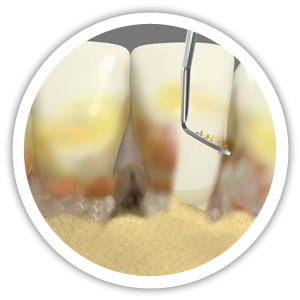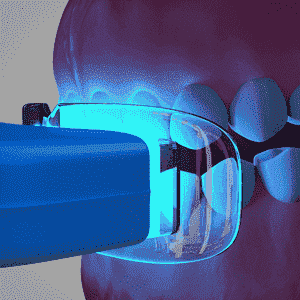Periodontal Care Katy TX
Caring for your gums is as important as caring for your teeth. Gums and other supporting tissues of the teeth play a major role in the oral health of a person. Inflammation and infection can play havoc on the gums and can hamper your oral health and can cause your teeth to fall out. Periodontal care in our dental office of Katy, TX ensures that your gums and other supporting tissues are in good shape and free from bacterial invasion. Our preventive care will keep you smiling. A disease free life improves the quality of living in the patient community.
What are gum diseases?
Gum disease is one of the most common problems patients come across. Inflammation and infection in the gums can destroy the supporting tissues and cause the teeth to fall out. Plaque is a bio-film which forms over the teeth's surface. It contains bacteria which can inflame and destroy the soft supporting tissues. Plaque build-up around the gums can cause swelling and reddening of the gums and result in gum irritation. If not treated in time, the inflammation can turn into a periodontal disease which is a complicated oral condition.
Periodontal care concentrates on the removal of plaque using medical instruments. Pockets are cleared and gums are reshaped as part of the periodontal care. The dentist takes necessary steps to educate the patients on how to keep the gums free from plaque.
Causes and prevention of gum diseases
There are a number of factors which can cause gum disease in a person. It is important for patients to maintain proper oral hygiene and visit your dentist regularly to stay protected from gum diseases.
Poor Oral Hygiene – Improper brushing and flossing habits are among the top reasons for gum diseases in patients. Plaque build-up, which is the culprit that causes gum diseases, may be because of poor methods of cleaning your teeth.
Tobacco – Tobacco users are prone to gum diseases. Tobacco use can reduce a person's ability to fight the periodontal problem.
Medication – Use of certain types of medicines has proven to cause the reduction in the flow of saliva which increases the possibility of plaque accumulation.














